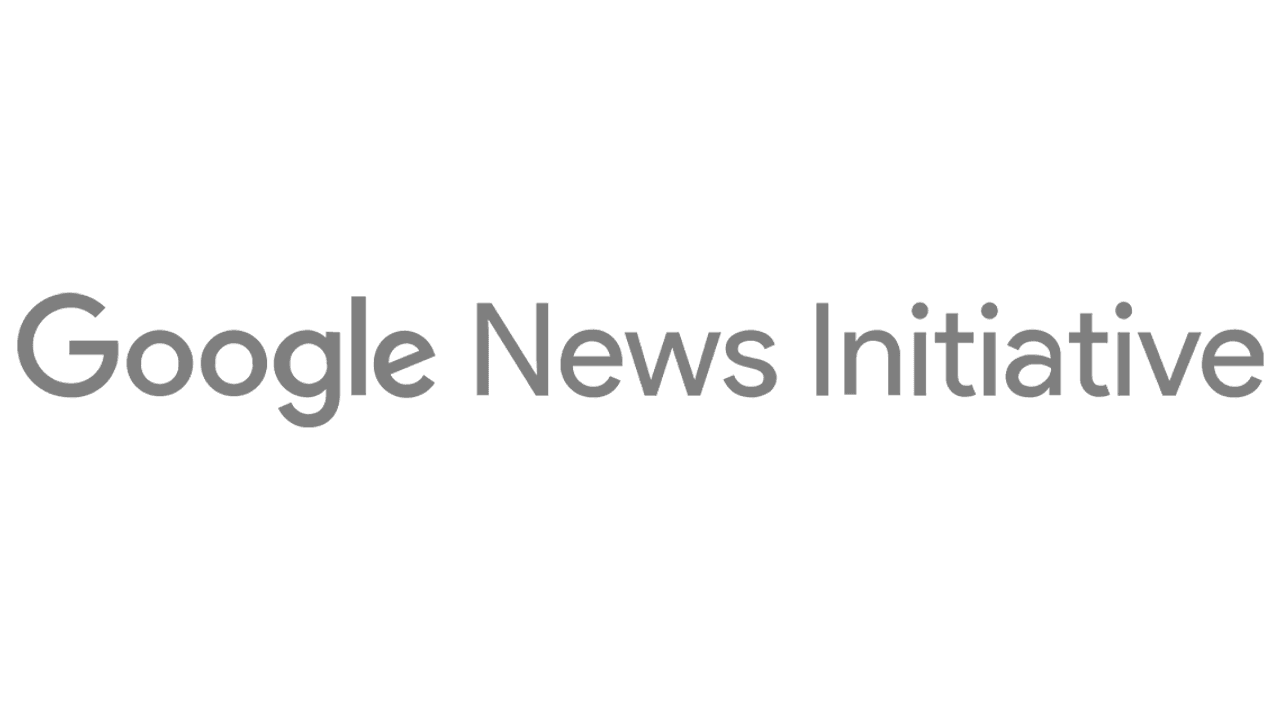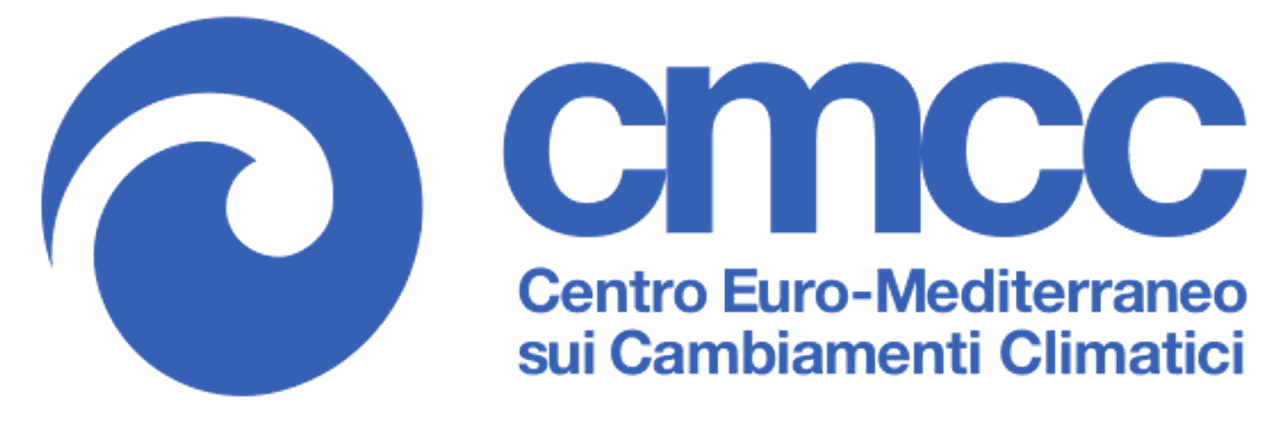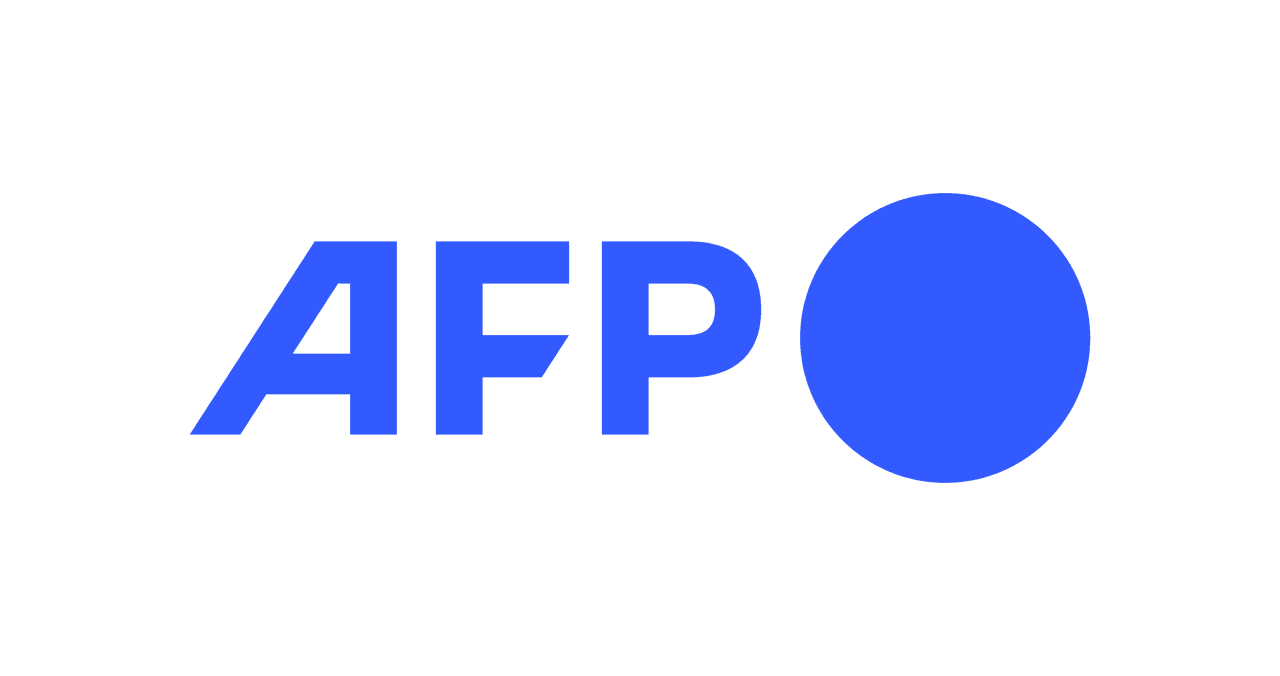

Langelinie Pavillonen
#NISCPH
The News Impact Summit in Copenhagen, organised in partnership with the Google News Initiative, will address how climate misinformation undermines public trust in climate policies and stalls progress toward a green transition. Across Europe, vested interests and populist movements have fueled misinformation campaigns that delay crucial environmental actions.
Journalists and media professionals play a crucial role in confronting these threats by exposing greenwashing, political pressure, and disinformation that compromise climate action. The summit offers journalists a hub to strategise effective responses to these narratives.
Through talks, panels, workshops, and interactive discussions, attendees will explore innovative storytelling techniques to highlight the urgency of climate action, debunk falsehoods, and empower communities to demand accountability from policymakers and industry stakeholders.
The Climate Journalism Award will be delivered at the Summit, and the winners will explain the best practices and tools they have used to produce some of the best climate journalism stories and investigations of the year.
By joining the Summit, you will:
- Immerse yourself in the world of climate journalism through keynote presentations and interactive, hands-on sessions;
- Learn best practices to reinforce the reliability of climate journalism and foster increased community engagement in climate-related conversations;
- Gain practical knowledge on how to utilise data to produce compelling climate stories;
- Meet with local and international experts in the field to reimagine the future of climate journalism.
About the News Impact Summits
Since 2014, the EJC has organised 36 News Impact Summits. The Summits have inspired communities of journalists and media organisations in 29 cities in 20 countries across Europe and the Middle East, featuring 400+ speakers from leading international news organisations.
Please note that the European Journalism Centre (EJC) is unable to provide visas, invitation letters, or stipends to cover travel and accommodation expenses for attendees.
Please make a contribution today
Your support will help us continue providing the kinds of opportunities journalists tell us they rely on
Would you like to have a direct conversation about making a donation? Please get in touch.
Programme
Speaker
Andrew Harper is Special Adviser, Climate Action, UNHCR, the UN Refugee Agency.
In the plenary session, Andrew will discuss the importance of using accurate terminology when referring to climate refugees. He will share insights from various case studies and examples from news reports and journalistic stories.
Speaker
- Visualising climate change : “A large part of Denmark is dying”
Michael Lund, Berlingske
In their award-winning multimedia work, two journalists armed with drones and diving gear travelled the country for a year to report on oxygen depletion. The decreasing quality of Danish sea waters has been known for years, but farmers and politicians can’t agree on the urgency and pace of the policies that must be taken. - Panel: Climate strategy for newsrooms
Moderator: Cynara Vetch, Project Lead, International Projects & Partnerships, Constructive Institute
Speaker: Amalie Kestler, Managing editor-in-chief, Politiken
Speaker: Ingrid Tinmannsvik, Project Manager, NRK
While Amalie Kestler from Politiken will share their newsroom’s strategy for climate coverage and how they are countering misinformation, Ingrid Tinmannsvik will reflect on how newsrooms like NRK are adopting a constructive approach to covering climate. The question here is, can misinformation about climate be countered through a constructive lens?
Speaker
Moderated by: Ruona Meyer
The session highlights the risks of being a climate and environmental journalist, followed by a panel structure for Q&A.
According to the Covering the Planet report, nearly half of journalists covering the global climate crisis have faced threats to their work. Europe is no exception, with hostility towards climate journalists on the rise, exacerbated by delays in effective policy implementation. This session will shed light on the growing risks faced by climate journalists in Europe, as well as the challenges they face in an increasingly hostile environment.
Speaker
- Tackling climate misinformation focusing on greenwashing
Sophie Nicholson, Ivan Couronne, AFP
In 2023, AFP launched its first online climate reporting training courses in English, Spanish, Portuguese, and French. Sophie Nicholson and Ivan Couronne will run through how AFP is supporting journalists in tackling climate misinformation and carrying out a workshop on addressing greenwashing
- How should we deal with "misinformation" when science is NOT in agreement?
Rina Tsubaki, European Forest Institute
More than 99% of climate scientific studies agree that humans caused climate change. Yet, when we discuss climate solutions, scientists tend to disagree with one another. A fact from one discipline can be considered 'misinformation" by others, making journalists' work much harder and more challenging. In this session, we will walk through some of the insights from our data-driven online mapping analyses conducted together with the editors of Data Journalism Handbooks on different climate-related conflicts around forests in Denmark, Poland, Germany and Brazil and explore how tools like "situational mapping" could help navigate scientific disagreements.
- How do we cover the next COP summit while competing with distracting narratives?
Nabihah Parkar, Freelance Video Journalist/Filmmaker
In Nabihah’s workshop, she will look at "alternative narratives" and the inclusion of alternative voices (i.e. people-led stories rather than just what politicians and world leaders shout about) as a way to combat climate misinformation with a particular focus on news reporting on social media platforms like TikTok, Instagram, and YouTube Shorts.
Speaker
Meet a “verified champion” fighting climate misinformation one short video a time!
Mar Gomez is a Spanish meteorologist, creator, and influencer with Verified Champions, a UN campaign focused on shifting narratives and improving the information ecosystem around climate change by combating misinformation.“Adnan and the green lies” : Why P3 chose satire to talk about climate change?
How Danish Radio P3 is using humour to develop new narratives around climate and engage young audiences through a satirical climate show “Adnan and the green lies”.
Speaker
Wojciech Oleksiak, The Europeans and Charles Terroille, Science Feedback will explore the challenges of misinformation and delay tactics in climate reporting.
Moderator: Dimitra Letsa
Wojciech Oleksiak will draw on his investigation into the manipulation of farmer protests to illustrate how power brokers turned protests to their advantage
Charles Terroille will complement this panel by discussing findings from the Climate Facts Europe Report. The report highlights how narratives surrounding extreme weather events are often linked to state actors, and the role prominent politicians and public figures played in spreading this misinformation.
For more details on the investigations:
- Wojciech Oleksiak's work on farmer protests: Farmers Protest, Who Gains?
- Charles Terroille's Climate Facts Europe Report: Fertile Ground for Disinformation.
Speaker
Pinpoint for climate journalism
Mia Sahl, Google News Initiative Teaching Fellow
A practical workshop to explore features in Pinpoint, an AI-based tool built by Google to help journalists find and verify stories. This workshop will take participants through the latest capabilities of Pinpoint, which allows the instant parsing of thousands of documents, such as those which may be obtained during coverage of climate affairs.Visualising science as a tool to fight climate misinformation
Angela Morelli, InfoDesign Lab
When addressing the science of climate change and its profound impact on humanity and nature, we encounter extraordinary complexity. Visualisation is often promoted as a powerful tool that can guide human beings in navigating that complexity. However, visualising climate science can confuse, disengage, misinform or polarise. Much of this depends on how we approach the design process.How can we use Design to foster clarity in a landscape where complexity and confusion can unintentionally fuel misinformation?
Through case studies, Angela will share practical tips and facilitate a conversation on visualising climate science to create engagement, inform decisions, and capture the imagination of an audience.
Misinformation and misconceptions in climate reporting: How to avoid becoming part of the problem.
Thomas Hebsgaard, Zetland
Thomas’s workshop will reflect on "our role as journalists and how we are part of the problem when addressing climate misinformation". He will share case studies and examples from his reporting that is relevant to Denmark and the local attendees. Additionally, he will throw some light on Zetland's unique subscription model that forms the majority of its revenue.
Speaker
Climate Journalism Award ceremony
- Data-driven visualisation: data-driven approaches that report on climate change, effectively visualising complex climate narratives.
- Fighting climate misinformation: Climate stories that debunk myths and counter disinformation campaigns surrounding climate change and the climate crisis.
- Pinpoint award for investigations: Investigative reporting that holds those in power accountable for their actions and their impact on climate change and environmental issues.
- Storytelling & solutions: Solutions-focused storytelling methods for communicating climate change stories.
- Emerging talent: Innovative climate reporting produced by journalists and newsrooms with less than three years of experience.







































